A Ph.D. in economics will prepare you to be an economist in research. However, many economics graduates go on to work on Wall Street or create public policy. Very few economics Ph.D. programs would admit that this is not the primary purpose of the degree. If you are unsure of the purpose of a Ph.D. program, you may end up unhappy. In addition, a Ph.D. in economics may not be the most rewarding career for you.
In addition to the high salary, there are many advantages to pursuing a Ph.D. in economics. A Ph.D. in economics offers relative freedom, meaning you will be able to set your own schedule and do most of the work yourself. With a Ph.D. in an economics program, you will enjoy a comfortable glide path to the upper-middle class, which is not uncommon. You can make a difference in the world and the economy by becoming an economist.
Eligibility:
Candidates who want to take admission in Ph.D. must have a post-graduate degree in Economics with at least 55% marks from a recognized university and must have passed the national level entrance examination or university level entrance examination. National level entrance exams like UGC NET / UGC CSIR NET / GATE / SLET or University entrance exams consist of written tests and personal interviews.
Benefits of Ph.D. Degree in Economics
There are many benefits to earning a Ph.D. in Economics. Not only is this degree an excellent way to advance your career, but it is also one of the most popular graduate programs. The economics Ph.D. program has a high job-placement rate and offers students the chance to work on global priorities. Furthermore, if you don't have much experience in academia, an internship in a corporate setting may be a good backup option. In order to pursue an economics Ph.D., you must be highly proficient in mathematics and have a proven interest in doing research in the field.
A Ph.D. in Economics is a great way to develop research and teaching skills. In addition to being able to teach college-level courses, PhD graduates are often employed in government or private organizations. The ability to conduct independent research is also an important benefit. Most graduates end up in academic careers in India, but those who don't will often find satisfying careers in business, government, or the nonprofit sector.
Although a Ph.D. in Economics program may seem challenging and demanding, the rewards are many. As an economist, you will have the chance to become an assistant professor of economics and possibly even a full professor. Your time will be highly valuable. As an added bonus, you'll get to work on real-world projects that will benefit society. The only downside is the amount of stress, which can be a debilitating factor.
Career and future scope of Ph.D. in Economics
The future scope and career opportunities for an economist may be very bright. Graduates can work in government, private sector, or academia. For example, an economist who specializes in education may become a department head or an administrator. A PhD in economics can also lead to a research position. The Economics and Marketing Journal is a prominent place to look for jobs.
The future scope of an economics Ph.D. depends on the topic. Many economists choose to work in public policy. These positions are typically more influential and involve a more direct impact than those in academia. You can search for open jobs on job boards like Job Openings in Economics. A career in government economics can lead to a position as a foreign monetary policy expert.
An economics professor can work in a wide range of fields. For example, they may study the economics of monetary policy. Besides academic positions, students may pursue careers in government economics, think tanks, and private consultants. They can also work in the technology sector. Lastly, an economics Ph.D. can lead to a job as a foreign monetary policy expert or even a college professor.
Course Duration:
The Ph.D. Economics courses are a minimum of 3 years and a maximum of 5 in duration. This depends on the university offering the course.
Course Fees:
The average fee for Ph.D. An Economics degree is between INR 50000 and INR 500000.
 5 Years
5 Years
 PhD
PhD
 Research
Research







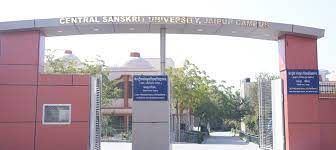
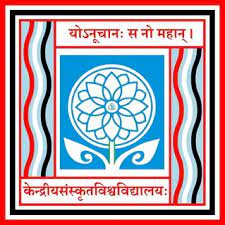
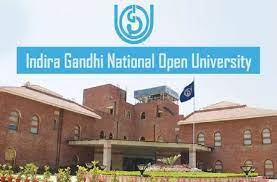

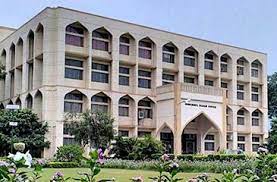

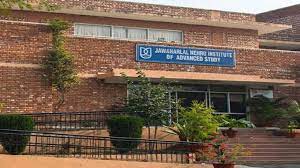

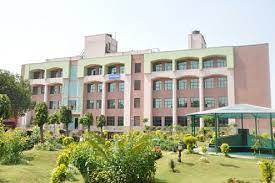
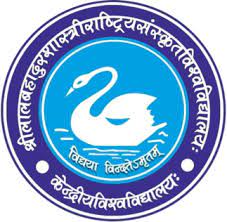
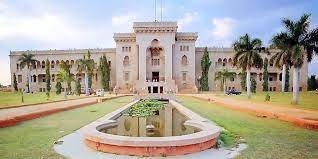

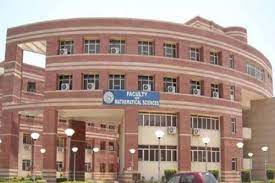
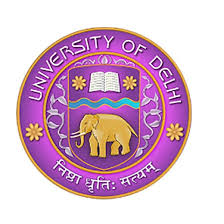
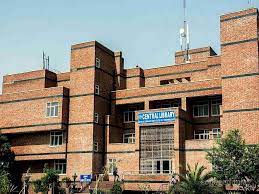
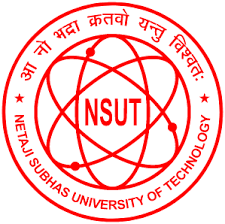

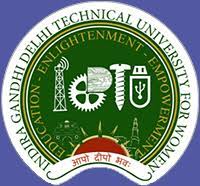
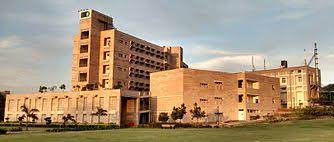

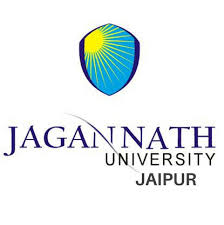
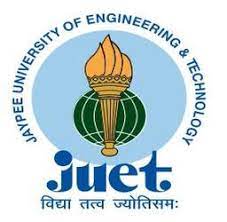
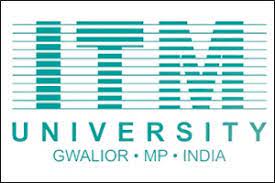




 back
back